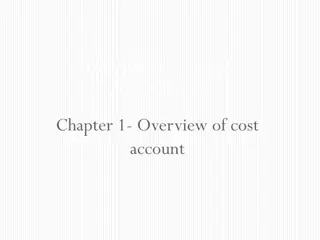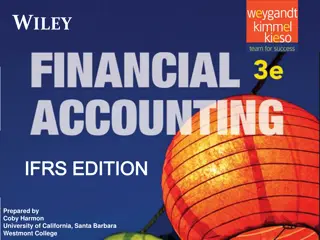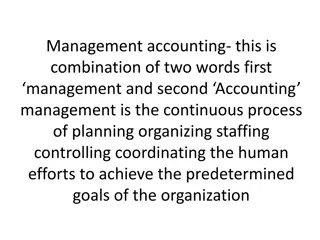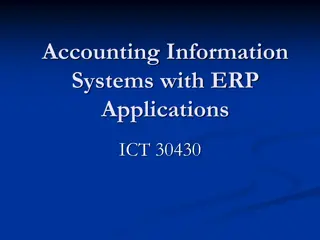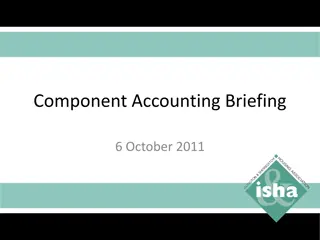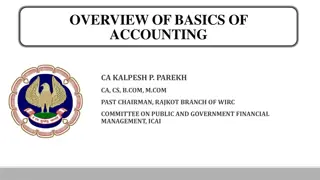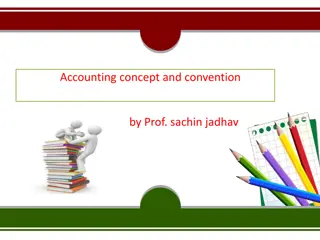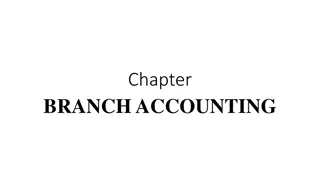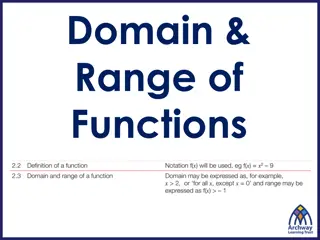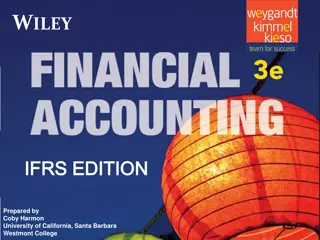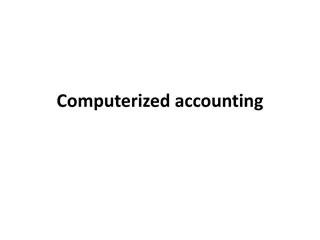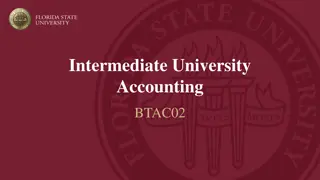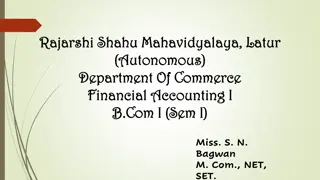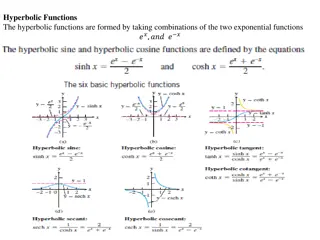Understanding the Functions and Objectives of a Journal in Accounting
A journal is a crucial tool in accounting that records transactions before they are posted in ledgers. It serves analytical, recording, and historical functions by analyzing each transaction, providing a detailed record, and maintaining a chronological order of transactions. The objectives include achieving goals, tracking progress, improving skills, reducing stress, finding inspiration, strengthening memory, and promoting stream of consciousness writing. Key topics covered include the definition and features of a journal, various names of journals, and the functions and objectives of journalizing in accounting practices.
Download Presentation

Please find below an Image/Link to download the presentation.
The content on the website is provided AS IS for your information and personal use only. It may not be sold, licensed, or shared on other websites without obtaining consent from the author. Download presentation by click this link. If you encounter any issues during the download, it is possible that the publisher has removed the file from their server.
E N D
Presentation Transcript
WELCOME TO MY PRESENTATION PRESENTED BY MD. MASUD RANA Jr. instructor ACCOUNTING KUSHTIA POLYTECHNIC INSTITUTE
CHEAPTER :05 JOURNAL TOPICS Definition of journal Feature of journal Objectives of Journal Functions of journal Mentioning the various names of journal
Mentioning the various names of journal Books of primary entry Daily book Books of first entry Books of original entry Subsidiary book Choronological book
Functions of journal i) Analytical Function: While recording a transaction in the journal each transaction is analyzed into the debit aspect and the credit aspect. This helps to find out how each transaction will financially affect the enterprise. (ii) Recording Function: Accountancy is a business language which helps to keeps the record of the transactions based on the principles. Each such recording entry is supported by a brief narration, which explains, every transaction in simple language. Narration means to narrate i.e. to explain. It starts with a word Being (iii) Historical Function: Journal book contains a chronological record of the transactions for future references.
Objectives of Journal Achieve goals. When you use your journal to write down your goals, you can keep better track of your intentions. ... Track progress and growth. ... Gain self-confidence. ... Improve writing and communication skills. ... Reduce stress and anxiety. ... Find inspiration. ... Strengthen memory. ... Stream of consciousness.
Definition of journal A journal is a book in which transactions are recorded before they are entered into a ledger. Feature of journal The characteristics of a journal are. (i) It contains day-to-day transactions in a chronological order. (ii) It shows complete details of a transaction in one entry. (iii) It records both the debit and credit aspect of a transaction according to the double entry system of book - keeping.



